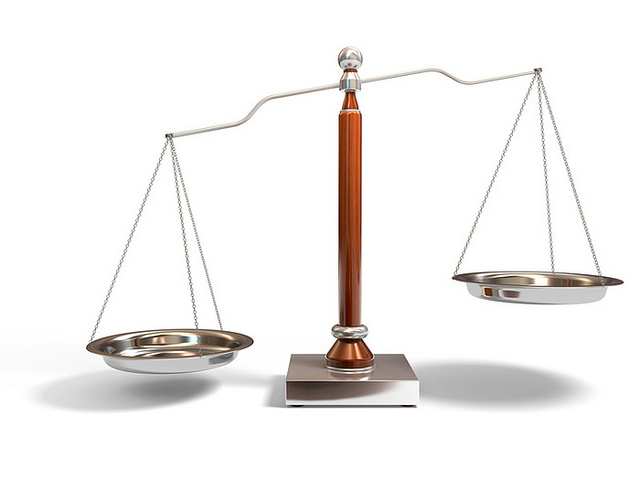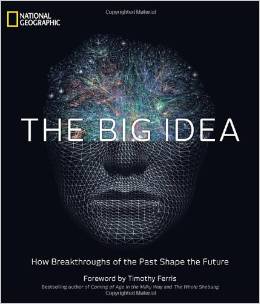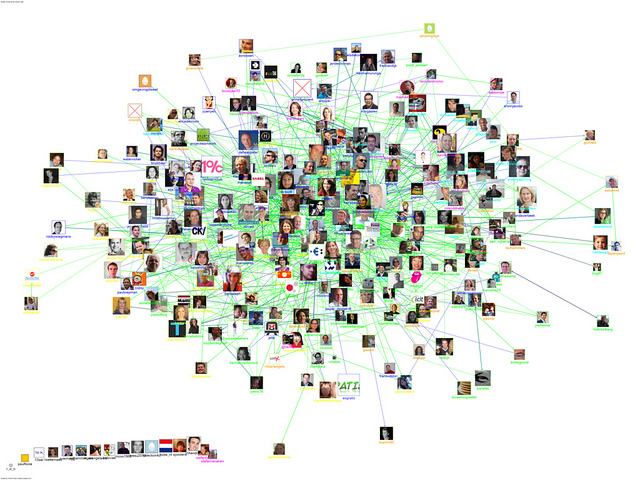“Eating an artichoke is like getting to know someone really well.”
—Willi Hastings (attributed)

Photo from Flickr by sterotyp_0815
I have never prepared or eaten an entire artichoke, only the hearts from a can or those marinated in a jar.
Hasting’s statement peaked my curiosity and I wondered, “How difficult could this be?” If you are like me, you simply go to your favorite search engine and query the universe.
I learned that there is an eleven-step process to preparing and eating an artichoke. If the process is not followed closely, you could experience considerable digestive challenges, and problems with your garbage disposal as well.
How is eating an artichoke like getting to know someone really well? If you truly wish to get to the heart of another and develop a close, quality relationship, it takes time, patience, care, and attention to detail.
EXERCISE:
Examine the relationships you hope to make or take to a new level, professionally or personally. How would a patient and somewhat methodical approach yield the lasting, substantial relationships you desire?









